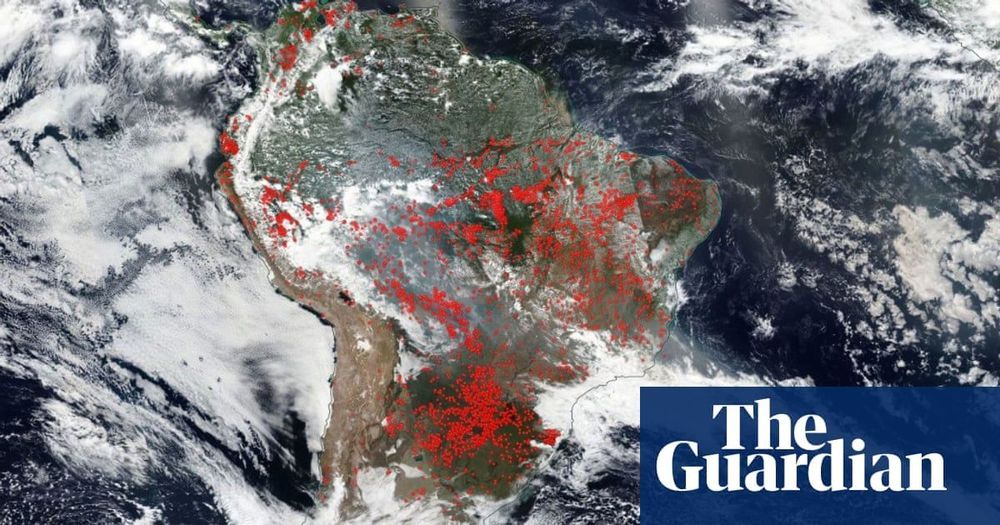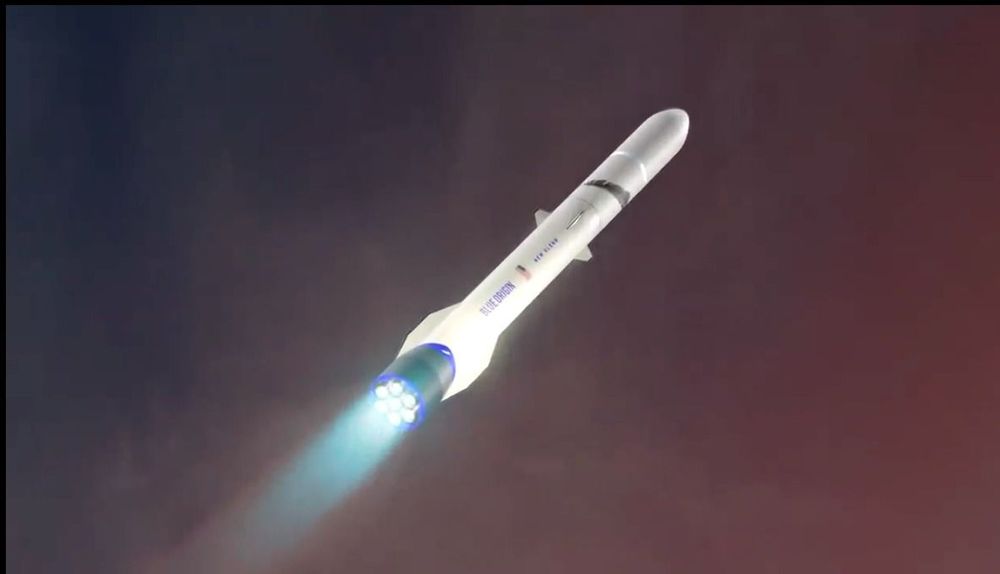Yes he really said this, yet he also said he wanted to use the Amazon for logging and agriculture. Personally I believe people who want to use the Amazon for commercial use are the biggest beneficiaries from such destruction, but I’m no expert.
The Brazilian president, Jair Bolsonaro, has accused environmental groups of setting fires in the Amazon as he tries to deflect growing international criticism of his failure to protect the world’s biggest rainforest.
A surge of fires in several Amazonian states this month followed reports that farmers were feeling emboldened to clear land for crop fields and cattle ranches because the new Brazilian government was keen to open up the region to economic activity.
Brazil has had more than 72,000 fire outbreaks so far this year, an 84% increase on the same period in 2018, according to the country’s National Institute for Space Research. More than half of them were in the Amazon.








